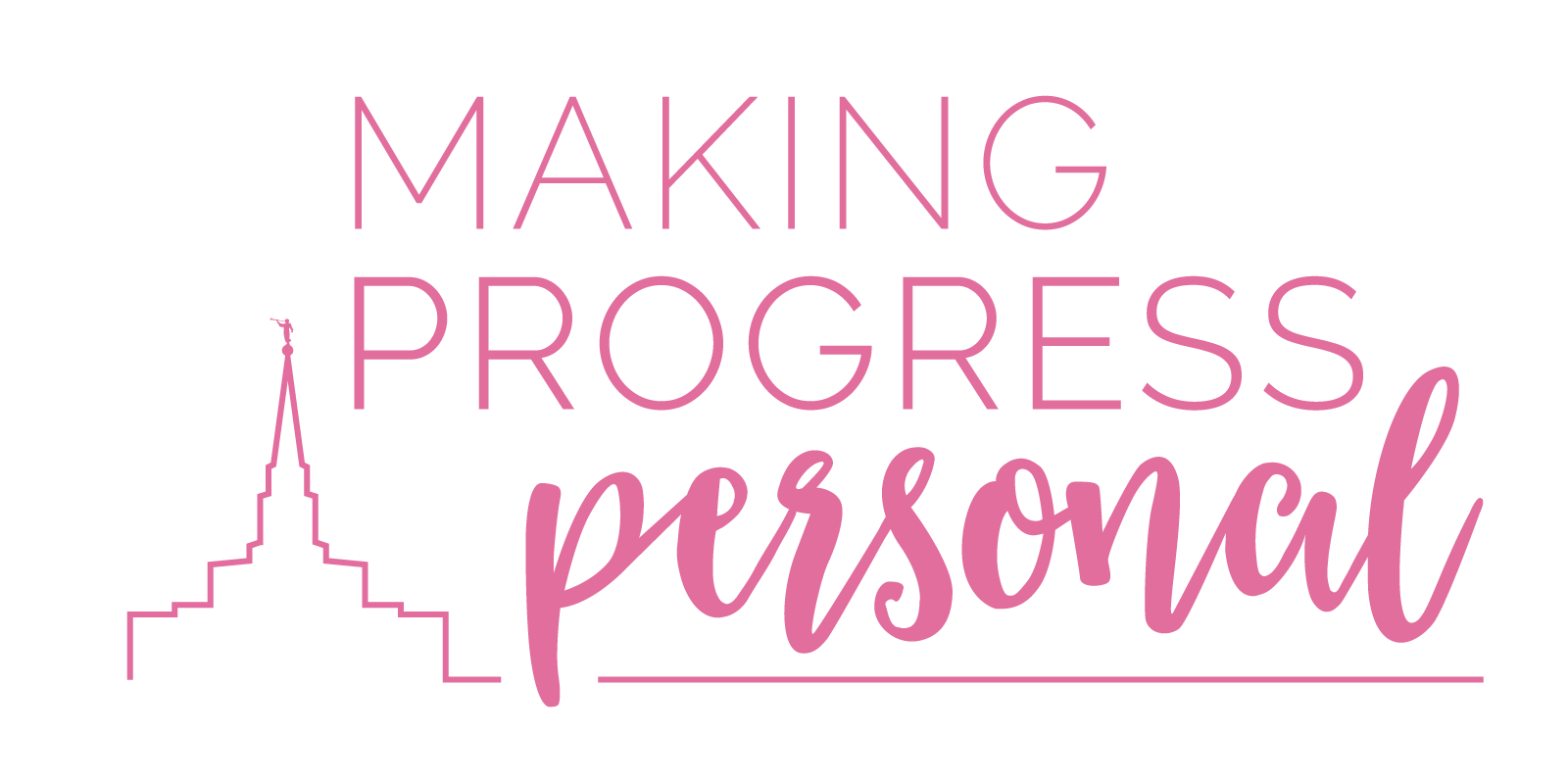
I’d been in Houston a little over a month, and I was kind of a mess. Missionary work was nothing like I’d expected, and I felt like I was falling short in every direction. Every morning during our planning session, I felt so frustrated. The process didn’t make sense, and I didn’t understand why we set goals and plans the way we did. All our plans fell through, and I was sick and tired of it.

But one study session changed my whole perspective on how and why we set goals and make plans.
I was looking for examples of goal setting and planning in the scriptures, and I opened up the Pearl of Great Price. This book of scripture contains two accounts of the creation. I was already very familiar with the story of the creation in Genesis, but I’d never thought about comparing and contrasting all the accounts.
The account in Abraham is from the perspective of God’s Council, planning and preparing for the sequence of creative periods. In Moses (and Genesis) is an accounting of the work that took place.
As I went through, I marked all the verbs. As I did, I started to see a difference in the word choices. In Abraham (the planning), the words “prepared” and “organized” appeared over ten times. In Moses (the execution of the plan), we find “said,” “made,” and “created” again and again.
God created specific plans for each day. Each day’s plans were unique from one another, but they were all focused on achieving a larger goal: creating the earth. This in turn was just one phase of an even larger plan: bringing to pass our eternal exaltation.

Once I started to see God’s pattern of creating specific goals and plans within larger goals and plans, I was able to see my individual goals and plans with a new perspective. I saw the purpose behind the goals we set as missionaries. It’s not just numbers and scheduled activities, it’s contributing to God’s bigger plan with our small, simple efforts.
Now that I’m home from my mission, keeping this mindset has helped me so much as I continue to set goals. Equally important is recognizing a distinction between goals and plans.
Elder Ballard taught, “A goal is a destination or an end, while a plan is the route by which you get there.” This simple distinction has helped me to simplify my goals so much. Instead of a list of 12 goals for the new year, I’ve created two or three big picture goals, then created a clear plan of action for each goal.

With each goal I’m focused less on what I’m doing and accomplishing, and much more on who these goals lead me to become. Then I create plans where I can measure specific progress in these areas.
This is how missionaries set goals – the goal is helping people develop faith, repent, and make and keep covenants. Then you identify actions you and they can take that will lead to growth. You report to and counsel with leaders and with Heavenly Father and continue executing plans that contribute to your goal.
This is how the new personal development program is designed – each youth prayerfully selects goals in four areas that they want to accomplish. They work with friends and family and share their success and progress with leaders and parents who support their efforts.

This is how Father’s plan works – He set forth a plan, with specific actions for us to take, that will lead to our achieving His ultimate goal for us: eternal life. He provides parents, leaders, friends, and other mentors to support us – and most importantly He provided a Savior, Jesus Christ, to be our Counselor and Mediator.
More from Elder Ballard: “Those who accomplish the most in this world are those with a vision for their lives, with goals to keep them focused on their vision and tactical plans for how to achieve them.”
As Lewis Carroll’s Cheshire Cat told Alice, “If you do not know where you want to go, it doesn’t matter which path you take.” Without a vision of where we want to be, we won’t know which direction to go. That’s why we set goals!

President Monson responded to the Cheshire Cat’s statement with boldness: “We know where we want to go, and it does matter which way we go, for the path we follow in this life leads to our destination in the next life.”
In years past, I’ve been excited to set dozens of goals – only to fail miserably at almost all of them. But this year I feel genuine excitement with my short list of simple goals, which all center around coming closer to Christ and living God’s Plan more fully and completely.
“A key to happiness lies in understanding what destinations truly matter.” It seems like Elder Ballard and I are on the same page on this subject.
The times when I’ve felt the most joy day-to-day is when I’ve had clear goals, and I’ve made active choices to bring me closer to reaching those goals. It’s almost like it’s an eternal principle of the plan of happiness.








